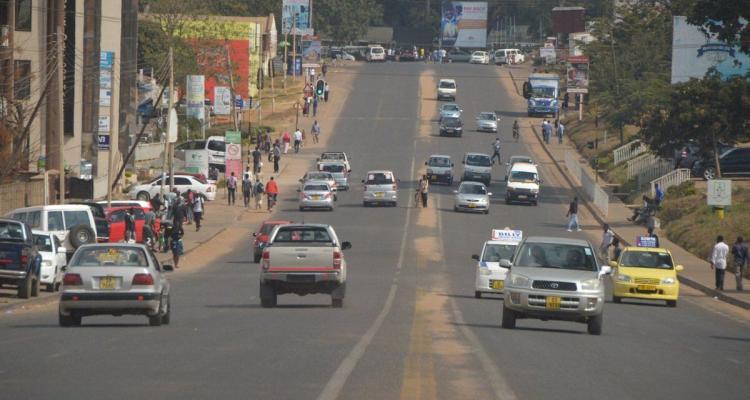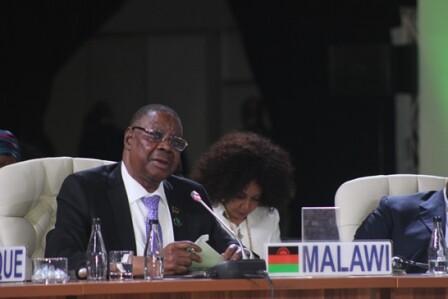
…Nigeria is world’s poverty capital
Malawi has been ranked among top 10 countries committed to progressive taxation with the goal of reducing inequalities and poverty, beating the world’s most developed countries like Norway and Finland.

According to the Commitment to Reducing Inequality (CRI) Index, based on what government’s are doing to tackle the gap between rich and poor, Malawi is on number 7 of the countries most committed to progressive taxation.
Across Africa, the country is only second to South Africa which comes in third on world’s most committed countries to progressive taxation.
The index, developed by Oxfam and Development Finance International, pins Nigeria, Singapore, India and Argentina among a group of governments fueling inequality.
“We believe inequality is far from inevitable. It is a policy choice and governments have considerable powers to reduce the gap between the rich and poor in their countries” proclaims the group.
According to the index, progressive taxation is a key tool for governments that are committed to reducing inequality.
It is understood that taxing corporations and the richest individuals more in order to redistribute resources in society and ensure the funding of public services has a potential role in overcoming poverty and reducing inequality.
CRI 2018 measures the (i) progressivity of tax structure by collating data on VAT, corporate tax, personal income tax; (ii) the incidence of tax on inequality; (iii) tax collection and (iv) a new harmful tax practices indicator capturing the extent to which countries are behaving in ways that are enabling tax dodging.
However, the country ranks badly on social spending and labour rights, two of the three core pillars on which the index is based.
Sitting on position number 108 of 138 countries, the index shows that Malawi’s spending on public services such as education, health and social protection is neither progressive nor pro-poor.
Spending on these services, according to the index, can have a strong impact on reducing inequality, particularly for the poorest women and girls who are the most dependent on them.
While out of 157 countries, Malawi is number 121 on the labour component of the index, reflecting onthe country’s weaker commitment in the protection of workers and promotion of labour related rights.
With this ranking, it implies Malawi has a weaker labour policy and practice framework in ensuring a decent standard of living for ordinary workers by setting and enforcing minimum wages, passing and enforcing legislation on gender equality in the workplace and supporting trade unions.
The index reveals that the country is lagging on enforcing labour rights especially for women including laws against discrimination and violence against women; as well as in the promoting equal pay and parental leave.
Overall, Denmark is the world’s most committed to tackling inequality while Nigeria seats on the base as the paradise of global inequality and poverty.














